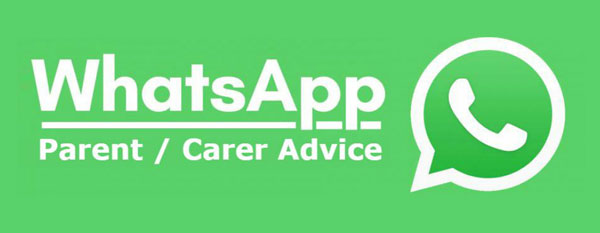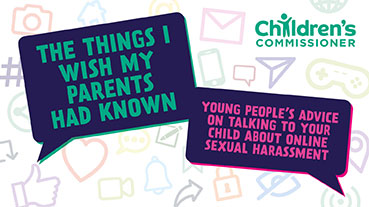
Online Safety
Please find a variety of resources and support for online Safety. Our School Online Safety Policy can be found here TTS Online Safety Policy
The digital world changes daily and it might seem that children can often be better at understanding and using it than the adults in their lives. However, the pace of change and the nature of what is possible and accessible using digital technology means supporting our students to guide them in its safe and appropriate use as parents and teachers is more important than ever before.

What is WhatsApp?
WhatsApp is a free messaging app. It allows you to send text and multimedia messages (video, images and voice recordings) to people in the contact list on your phone. It also allows users to set up group chats where the administrators can invite up to 256 people to share messages and images publicly within the group. Although the age limit for
WhatsApp was recently raised to 16 it is popular with primary age children and
above. So what are the risks? Click on the link below to find out more:
WhatsApp Parent / Carer Advice
from www.onlinesafetyalliance.org
Guidance for parents and carers on online sexual harassment and keeping children safe online
The Children’s Commissioner is today launching a guide for parents and carers on online sexual harassment and how they can support children to stay safe online.
“The things I wish my parents had known” draws together advice from 16 to 21 year olds on how parents should manage tricky conversations around sexual harassment and access to inappropriate content, including pornography.
The Commissioner’s office began a programme of work focussing on peer-on-peer abuse following the avalanche of testimonies on the Everyone’s Invited website, which laid bare an epidemic of sexual violence among teens. This was picked up in Ofsted’s June 2021 review of sexual harassment in schools and colleges.
A surprising but overriding message from young people is that parents should start these challenging conversations early. They suggest broaching topics before a child is given a phone or a social media account, which is often around the age of 9 or 10.
If you need support around this please contact the safeguarding team.
More useful sites:

